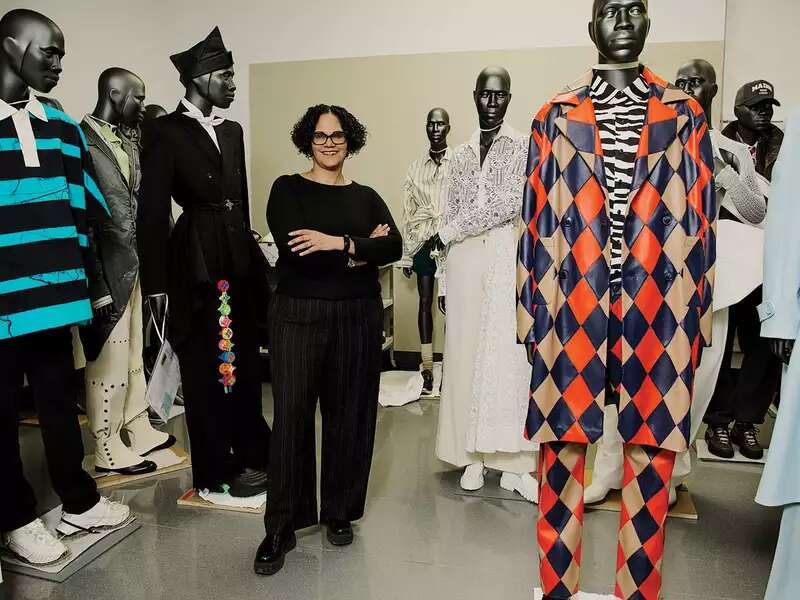
The Barnard professor brings her research on Black dandyism to the Met Costume Institute
In a year rife with historic challenges, Barnard’s faculty is engaging first-year students in a dialogue about today’s most pressing issues. A new course, Big Problems: Making Sense of 2020, provides an interdisciplinary learning experience that delves into the social, economic, and political upheaval that has unfolded during the past year as a result of the COVID-19 crisis.
“This course was born from a genuine desire to better analyze the profoundly destabilizing time we are in — a time that is often described as ‘unprecedented’ or having ‘no rule book,’” explains Cecelia Lie-Spahn ’11, associate director of the First-Year Writing Program, director of First-Year Writing Workshop, and lecturer in English.
The three-part course — including a public lecture series, discussion meetings, and a zine project — invites students to critically examine the world in which they are living while envisioning a better, more just future.
“We wanted to give students access to exciting thinkers whose work focuses on how our current moment connects to the history of systemic racism, social justice, healthcare, and equity,” says Wendy Schor-Haim, director of the First-Year Writing Program and senior lecturer in the English Department.
The virtual lecture series featured diverse perspectives into the current global crises and is available to the entire Barnard community on barnard.edu. Here are a few highlights from the Big Problems speakers.
“Pretty much every problem that Black people deal with today, and people of color more broadly in the United States, can be traced to slavery. And until we have a real reckoning with that, and until material recompense is made, until reparations are not only cutting people a check — which is a start — but until we address how Black people have been discriminated against in terms of housing, healthcare, education, and safety, we’re never going to have a real reckoning. So we have to start with that.”
“I think the discussion about bias in healthcare ... has gotten so much more robust. … You have to question everything. I question every single thing. I am always asking, How do I know? How do you know? That’s what I do with my students. You do have to question, and I’m happy that doctors and other medical providers have started to question themselves. So that’s a good sign.”
“I look at [the Barnard women around me] and know that there is a cadre of women that were produced by an organization that said, ‘Women can be everything and anything.’ That inspires me every day and allows me to mentor women that come [after] me, and know that all of you, who are at the beginning of that education, know that you can dream big and be big. We stand on the shoulders of the giants before us who made our vote happen, who made us the women that we are, including people like my mother who didn’t have the opportunities that I have, and have shown us that really anything is possible.”